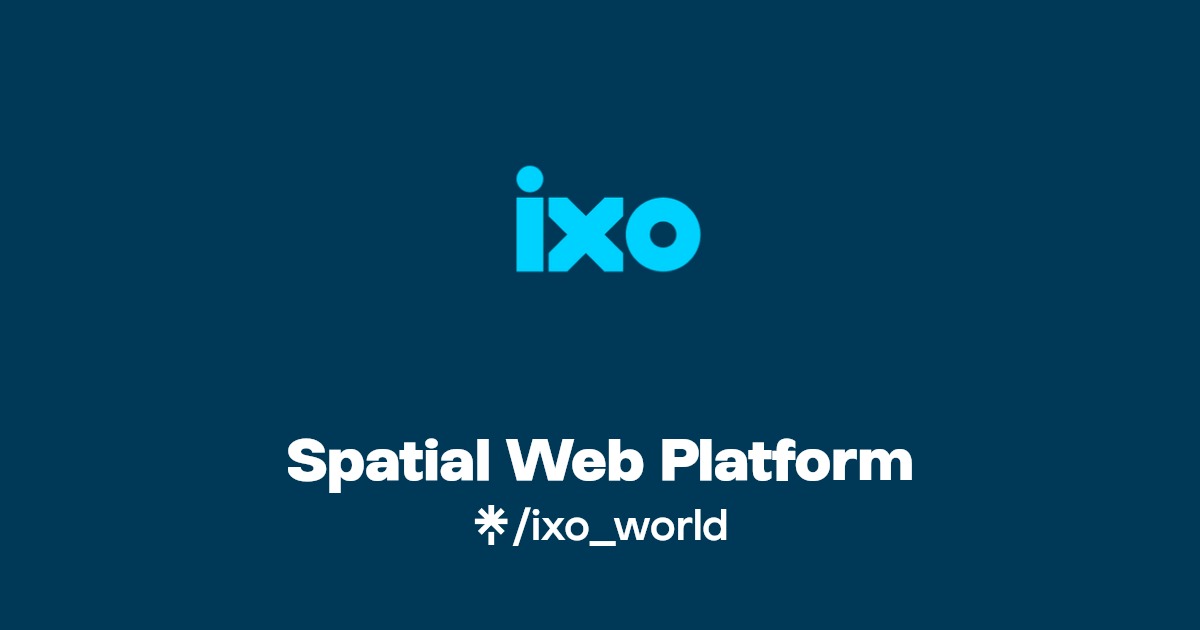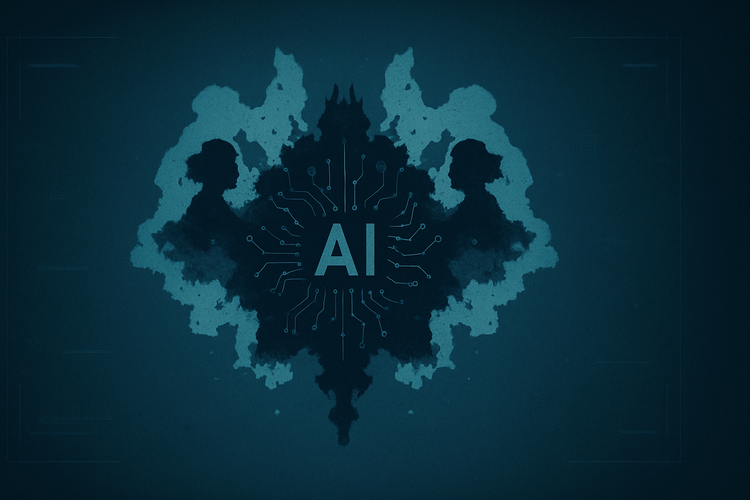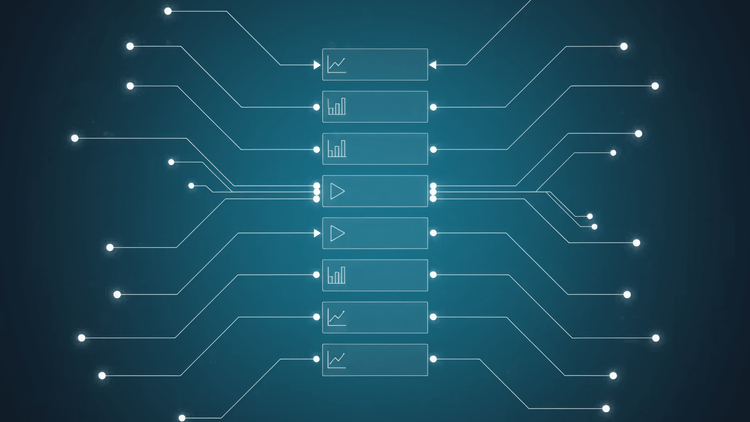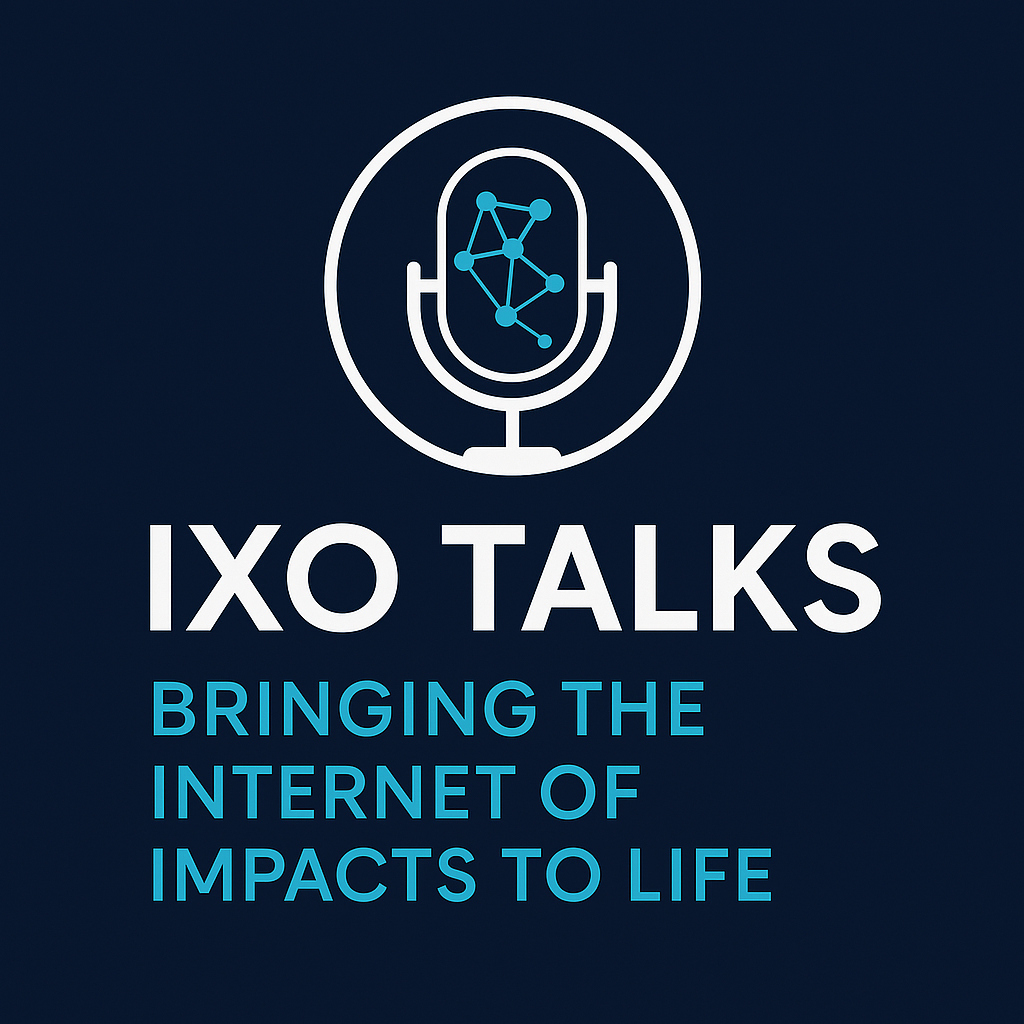
We live in an age where civilisation itself can be thought of as a multiplayer strategy game—one in which the rules are still being written, and the stakes are existential. Only a couple of years ago—when GPT models were just beginning to catch people's attention—I was invited to participate in the Foresight Institute workshop on Gaming the Future, where we explored ideas from the book by the same name, that the future is not a linear outcome to be predicted, but a dynamic system to be played, iterated, and improved. It’s not just about smarter technologies—it’s about intelligent voluntary cooperation.
This thinking is built into IXO, where we have been quietly building part of the infrastructure for this next phase of civilisation: a Programmable Web of Cooperation where intelligent agents—human and machine—can voluntarily interact, coordinate, and transact toward desirable futures. This is not a speculative vision. It is a working, open-source stack of technologies that enables new forms of governance, financing, verification, and intelligence to emerge through composable systems and agentic interactions.

Civilisation as a Game of Coordination
In traditional games, rules are fixed, players are known, and the outcomes are zero-sum. The civilisational game we are playing is different. It’s open-ended, multi-agent, and has no pause button. The most powerful move we can make isn’t domination—it’s coordination.
IXO enables us as participants in programmable organisations, projects, investments, and networks of people and agentic AI to build and play new kinds of games—structured for mutual benefit, verifiable impact, and long-term adaptability. These are Paretotropian games, where progress does not come at someone else’s expense but unlocks value for all.
Technologies of Trust
The building blocks of this new game are what the Foresight Institute calls the “technologies of cooperation.” At IXO, these include:
- Digital Identity and Authentication: Every player, human or AI, operates with cryptographically secure identifiers (DIDs) to ensure sovereignty and accountability.
- Agentic Oracles and Cognitive Digital Twins: Programming intelligent agents to observe, learn, and act within digital twin environments, verifying claims, analysing data, and advising decisions.
- Verifiable Data and Outcome Tokens: Actions and their impacts are recorded as tamper-proof claims and tokenised as digitally certified proofs of outcome—enabling trust in systems where participants have different incentives and epistemologies.
- Programmable Governance: Smart contracts and executable protocols define the rules of the game, enforceable by code, adaptable through consensus.
The result is a civilisational operating system where new players can enter, new rules can evolve, and the game remains intelligible, accountable, and playable across generations.
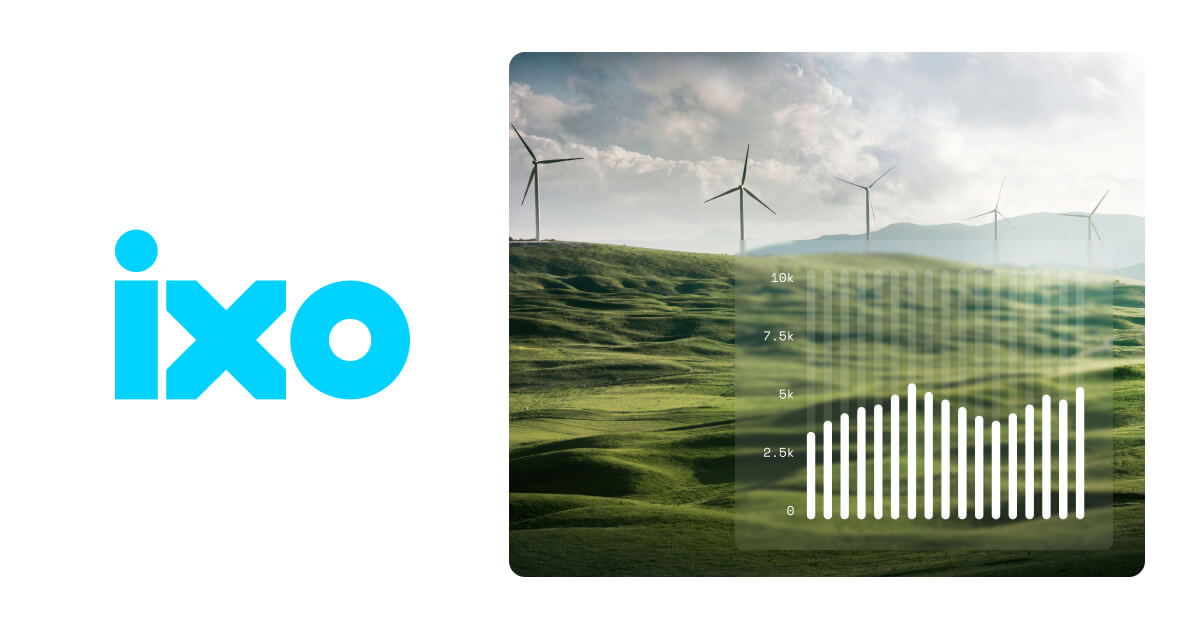
Voluntary Cooperation as a System Design Principle
What makes IXO’s model radically different from most tech platforms is that we assume voluntary cooperation as a design primitive—not control, not extraction. Systems are built to work only if agents choose to participate, if rules are transparent, and if value is shared.
This aligns perfectly with the ethos of Gaming the Future: cooperation isn’t an emergent outcome—it is the rule of play.
Designing for Future Players
One of the most profound challenges in system design is temporal:
How do we create structures that future actors—people, communities, machines—will want to inherit, not overthrow?
IXO addresses this by making the entire platform interoperable, modular, and evolvable. Protocols can be forked. Governance can be upgraded. Data sovereignty is preserved. We are designing legacy systems for futures we cannot yet imagine, with the built-in assumption that future players will be smarter, faster, and more capable—and we must not constrain their agency.
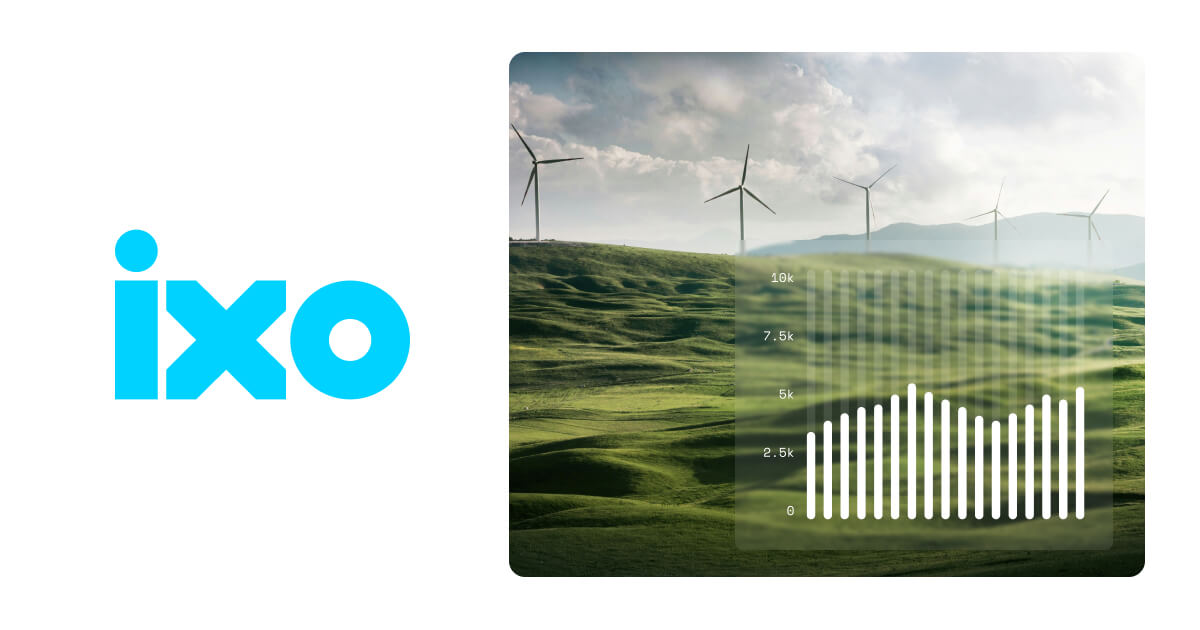
Civilisation as a Co-op Game
Perhaps the most important insight from Gaming the Future is that we need to reframe our civilisational trajectory as a cooperative game. Not a utopia, but a system in which the failure modes of coordination collapse, surveillance authoritarianism, and ecological overshoot are actively mitigated through smart design.
This is not science fiction. It is systems engineering for the future of governance, economics, and intelligence. And IXO is one of the platforms enabling this paradigm to materialise—not as ideology, but as software that helps us to play much better voluntary cooperation games.
Final Reflection
If the future is a game, then the most important question is: What game are we playing?
And more urgently:
Are we playing the right game well?
With IXO, we are not just playing to win—we are redesigning the rules so that winning means everyone thrives. And that’s a future worth gaming for.
Connect with IXO World
